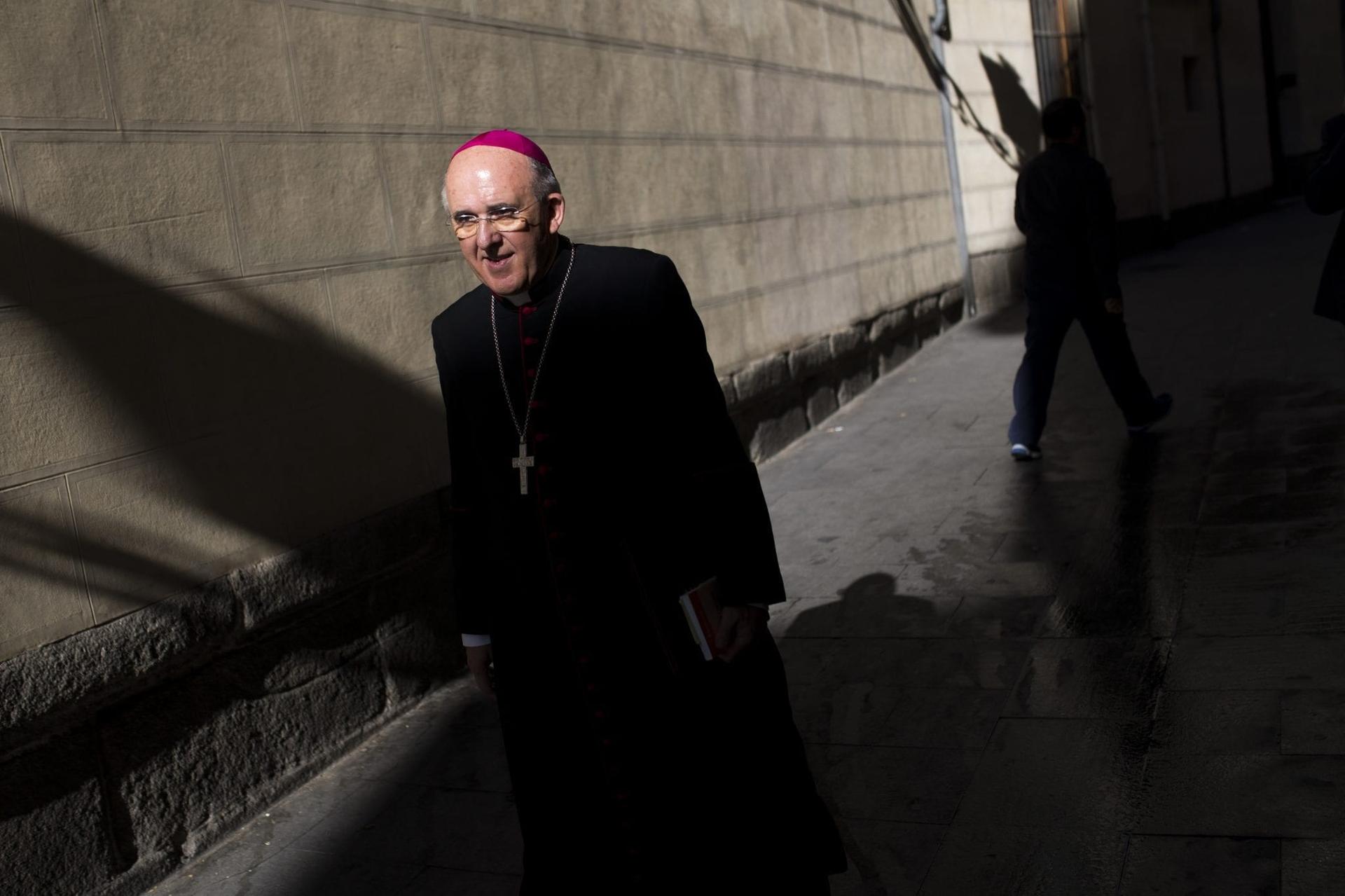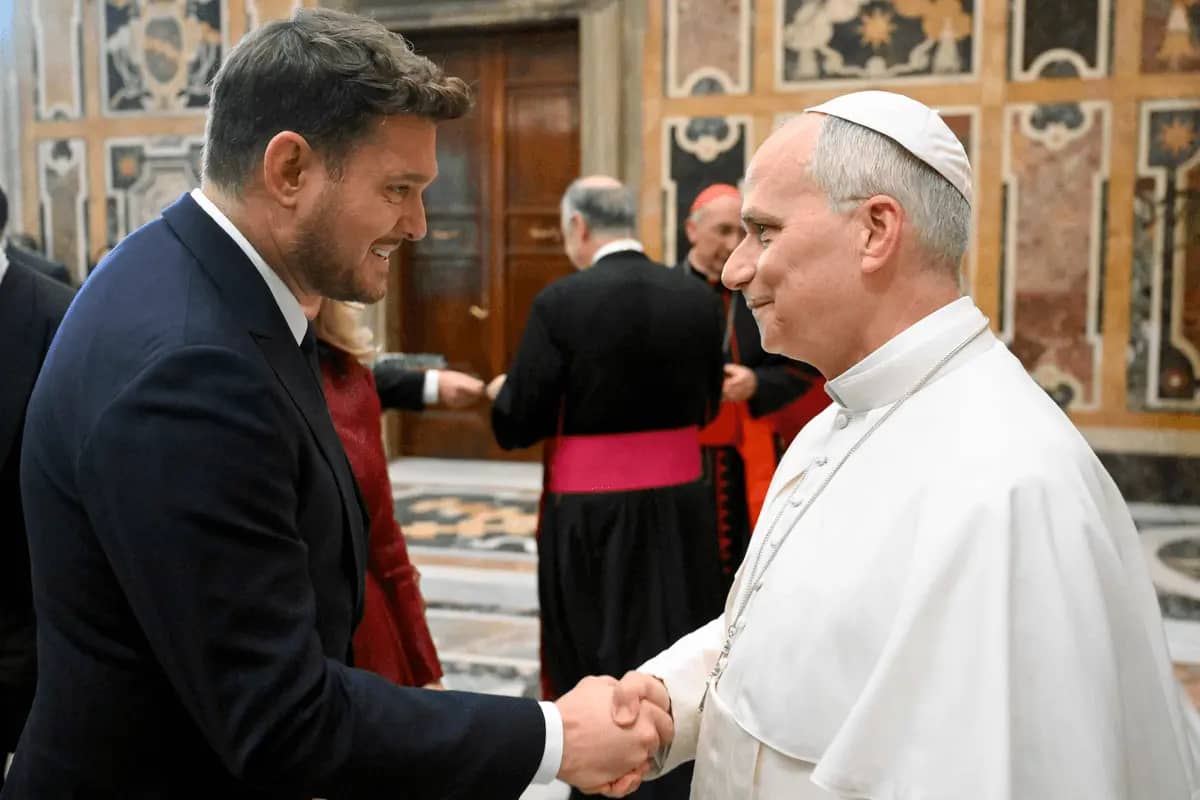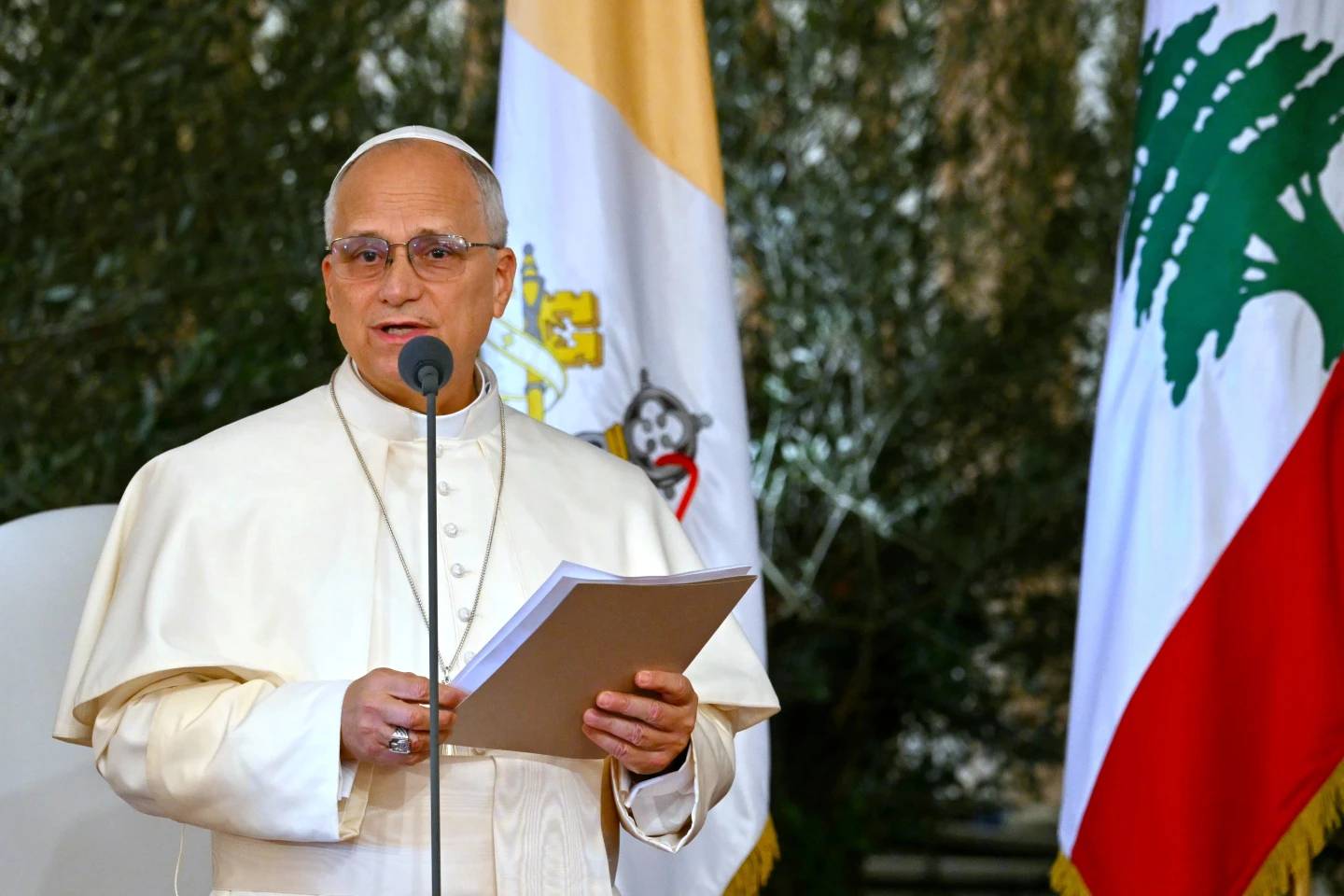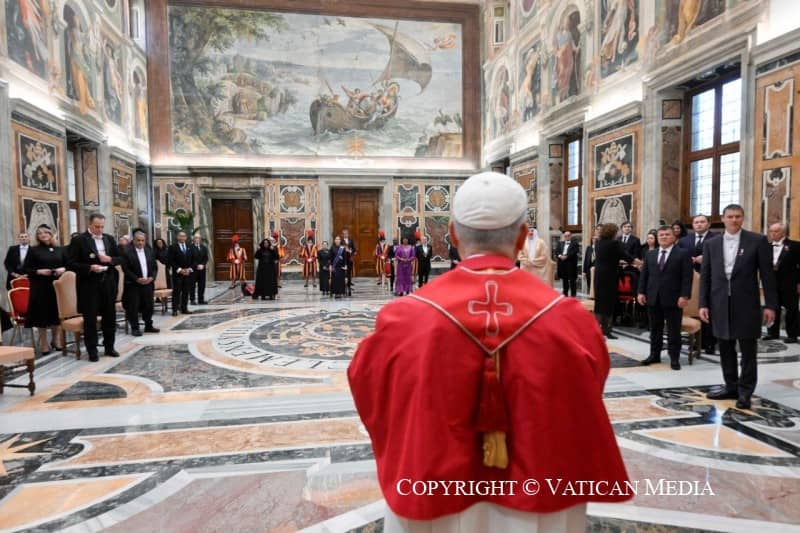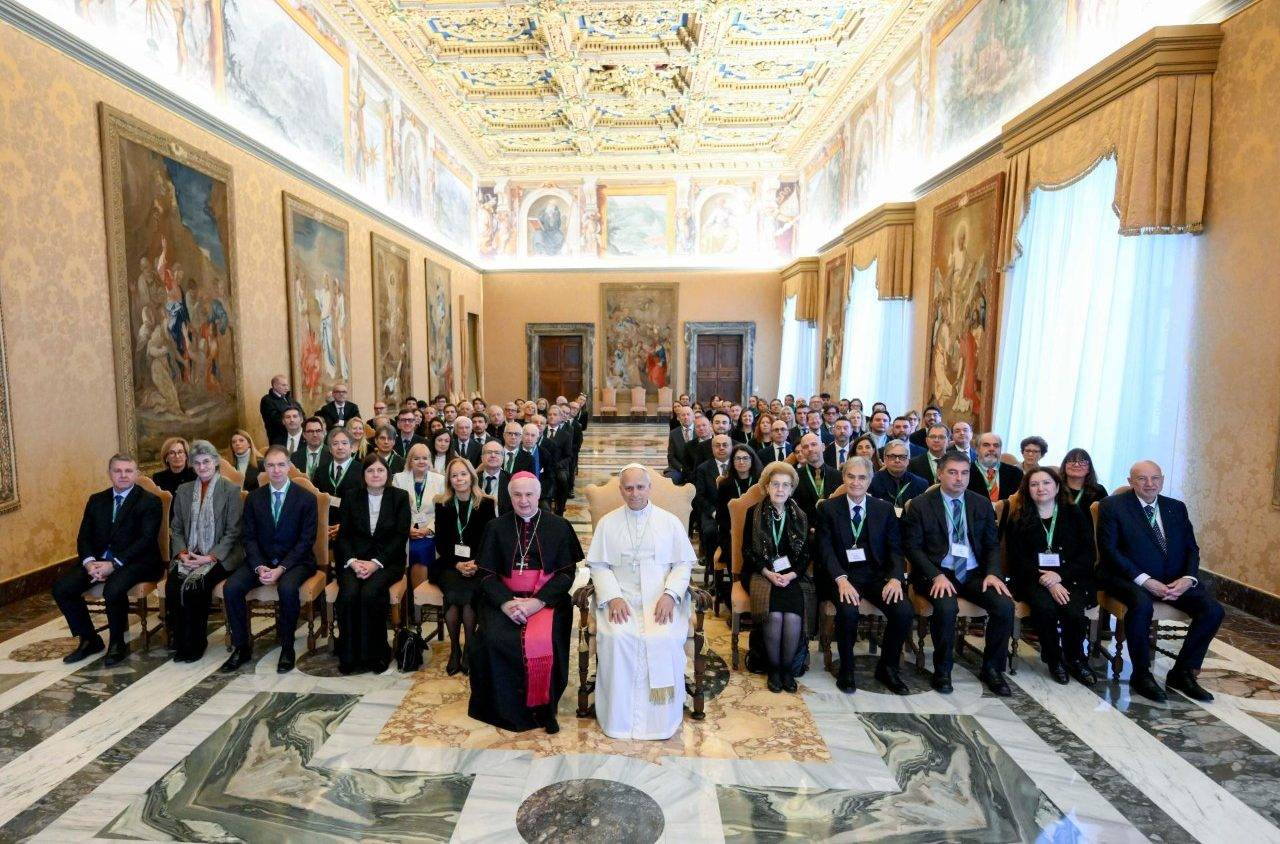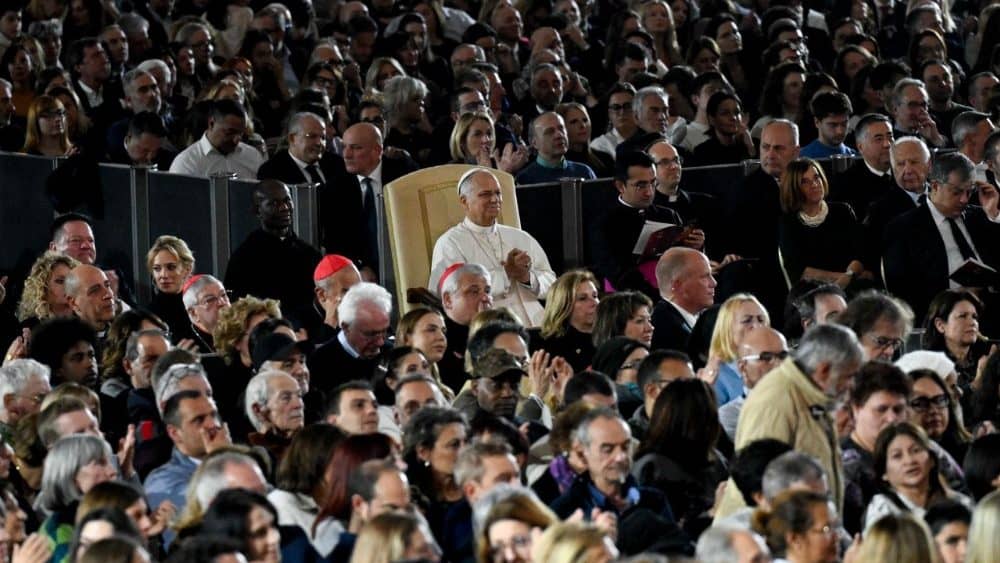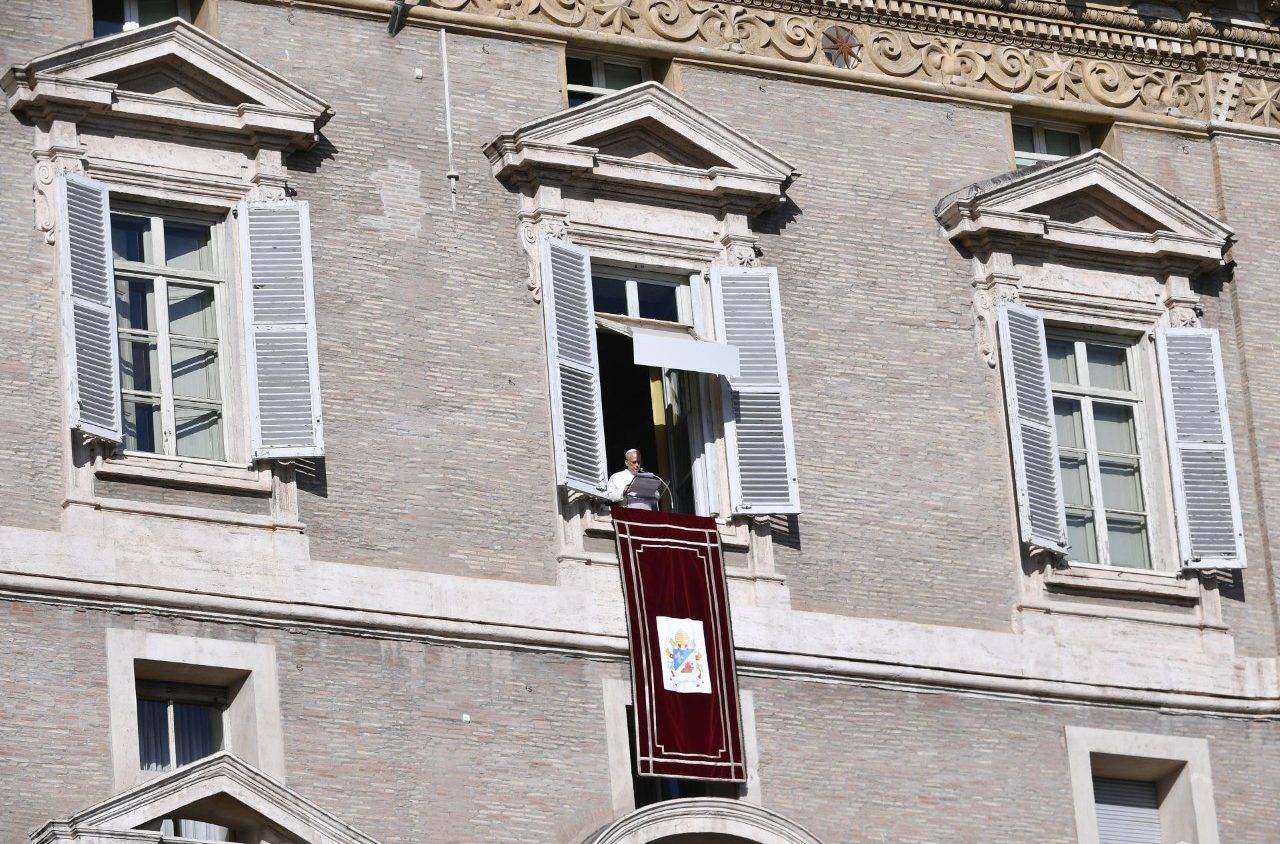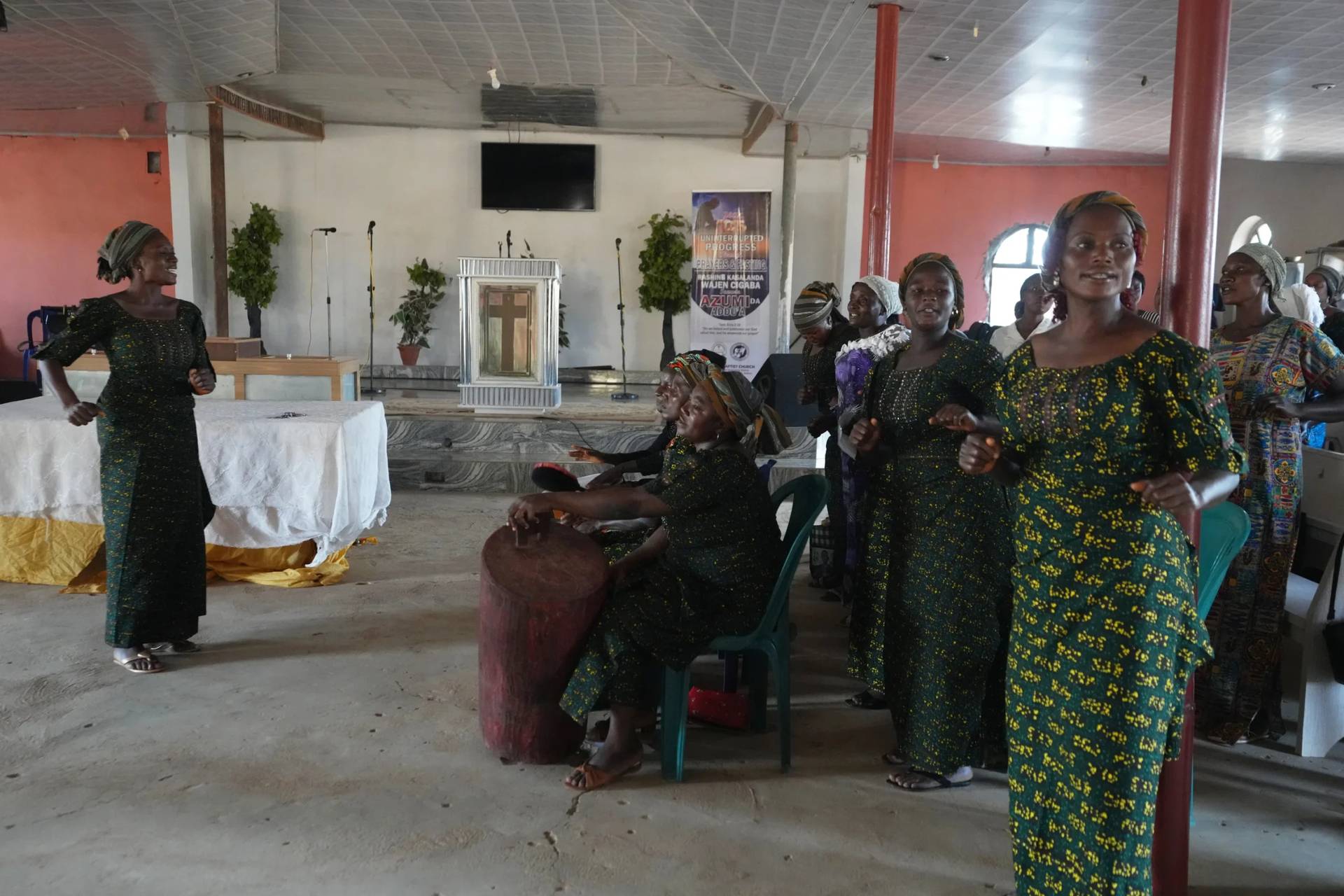ROME—Pope Francis recently created 17 new cardinals in a consistory that Vatican media labeled as one celebrating “the peripheries,” because it included bishops from such far-flung locales as Papua New Guinea, the Central African Republic, Bangladesh and Mauritius.
Yet Cardinal Juan Carlos Osoro of Madrid, known as the “Spanish Francis,” is among the exceptions, since few would say the European country and traditional Catholic powerhouse represents the peripheries.
Beyond living with the knowledge that eventually they might be called to elect Francis’s successor, the 13 new cardinals under 80 will also soon be appointed as members to Vatican offices, which might lead to more frequent trips to Rome.
For a man such as Osoro, who’s been labeled by the pope himself as “Don Carlos, the pilgrim,” because he’s constantly walking around his diocese, building up frequent flyer miles is not a priority.
“Whatever help is required from us as cardinals, we’ll give it,” he told Crux. Yet, “our fundamental job is our dioceses.”
Osoro also addressed Spain’s growing secularization, saying that there’s “no denying it,” and urged defense of religious freedom, even by the non-believer, because it’s “the greatest expression of freedom.”
In 2014, according to the Report on Attacks to Religious Freedom in Spain, there were 94 attacks to religious freedom, with attempts of burning down churches, walls painted with graffiti saying things such as “The only church that illuminates is one that’s burning,” and with desecrated tabernacles.
And the numbers have gone up, not down. Last month, in Toledo, a church was attacked, religious images destroyed and consecrated hosts stolen. According to a judge, a person using those hosts to write “pederasty” while in the nude is not an attack on religious freedom but art.
But Osoro, who didn’t mention any particular case, sees this moment of growing secularization as an opportunity to live Pope Francis’s appeal “of going out to where people are, to encounter them in the realities they live in, without evading or avoiding any place.”
An appeal, he said, which is addressed not only to the hierarchy but to all the Church, which “is not understood without the laity.”
Crux spoke to Osoro on Friday, while he was in Rome for the consistory in which the new cardinals were created. What follows are excerpts of that conversation.
Crux: Some have labeled you and the 16 other cardinals created by Pope Francis on Saturdays as the “Cardinals of Mercy,” because you were elevated into the college of cardinals on the eve of the closing of the Jubilee Year of Mercy. Do you feel any added responsibility over this?
Osoro: Personally, I think it’s a renewed call to continue gifting what Our Lord gifted the world. If there is anything we can say about Our Lord, it’s that he’s mercy. And as the pope told us in the document for the opening of the Holy Year, mercy is the master beam that sustains the whole Church, which is ultimately Christ himself.
It’s a call to give everything of ourselves so that it’s truly evident that it’s that beam which holds everything, that we’re a part of that, and that we want to make it known to all.
When you were transferred to Madrid, you spoke a lot about wanting to be a “bishop of the people.” Do you have any fear that this call by Pope Francis to serve as a Cardinal will involve too many trips to Rome and take you away from that desire to serve people?
I don’t think so, because what the pope wants is for us to dedicate ourselves to our dioceses. Whatever help is required from us as cardinals, we’ll give it boldly and with the strength needed, but knowing that our fundamental job is our dioceses. And in performing that fundamental task, we’re helping the Holy Father.
Seeing it from outside, there seems to be a growing secularization of Spain, once known as “the Catholic.” Is this so?
It’s true, and there is no denying it. I believe that the defense of religious freedom is one that must be made by every human being, even the non-believer, recognizing that the greatest expression of freedom is given when there is religious freedom.
And religious freedom mustn’t be understood as “I’m free to pray in my house,” but also as freedom to express my faith in my public life, in the life of a society.
But I also believe that the moment we’re living in is an opportunity to live that appeal from the Holy Father of going out to where people are, to encounter them in the realities they live in, without evading or avoiding any place.
Because in these places, these paths, are the ones the Lord walked through. When he came to this world, he walked through the paths of his time, and encountered the people as they were. He didn’t look for others. And there were people who lived way in the margin of the faith of the Jews, and who had different ideas. But the Lord went looking for them.
I believe that the greatest challenge we have today is that pastoral conversion Pope Francis keeps talking about: entering in the real world where people live, walk with them. But not in any way, but with the face of Our Lord, with all the consequences that walking with that face has.
When we speak of fighting secularization, we speak of “The Church” and it’s often interpreted as if it’s the hierarchy and religious women. What can the laity do, as you said, to take Christ into these paths?
The Church is not understood without the laity! I believe that the people of God, as a whole, must be involved, each one from the place where we are. Priests as priests, but the laity in the commitments they have, in the worlds of the family, economics, politics, culture. In all places where men and women move, we have to leave an imprint.
The whole Church, and a Church that’s united, [must be] living that communion. [It’s] a Church that knows itself to be sustained by our Lord, who is the one who has called us to give to this world the most important news that a person can receive: That God loves us, that God counts on us.
God is not an obstacle. On the contrary, he is the guarantor of a person’s true freedom, and the guarantor of fraternity in this world.
When God is abandoned and marginalized, this world doesn’t do well. Because the guarantor of the best for the life of a person is God himself, who has created us in his image, and who wants us to live respecting others, giving guarantees of life to the other.
There is division among many members of the Church, at all levels. For instance, among bishops who speak evil of each other, or among the laity. Seeing that you’re a “cardinal of mercy,” do you have any advice to try and tone down the infighting?
Christians should permanently remember the Lord’s words: “That we are one.” The only way to be one is by living a true communion with our Lord.
Our Lord did not go around the world speaking ill of others. Our Lord went out into the world to fix the hearts of men and women. The heart that speaks badly of the others is one that beats to a rhythm that is not that of Our Lord’s. Our hearts have to palpitate to the rhythm of the Lord’s, who doesn’t speak ill of anyone, who loves all humanity, promotes unity and communion. If not, the Church of Jesus is one that is far from being what the Lord wants it to be.
That is why I believe that all of us who are part of the Church have to turn our faces to the Lord every day and think “Lord, have I lived today the command you gave us, ‘that we love each other’? How have I fulfilled it? How did I manifest it? Or did I do the opposite?”
In Spain today there’s a growing debate about teaching children in schools what Francis calls “gender ideology,” which is this idea that gender is fluid and that it doesn’t depend on biology. How should a Catholic talk about it?
We have to strongly support what Pope Francis tells us about gender ideology in his document on the family Amoris Laetitia (Point 56). Nothing more needs to be invented. We must be capable of accepting this [teaching] with all the consequences, and live it together, express it together, following the successor of Peter with all the consequences this might have.
You were ordained bishop in the days of John Paul II, transferred from Oviedo to Valencia by Benedict XVI, and from Valencia to Madrid by Francis. Yet you’re often labeled a “Francis bishop.” How do you react to this label?
I like that they say I am faithful, if by this they understand my fidelity is to the successor of Peter. If other things are understood, these have nothing to do with what the Church is.
However, it’s true that I really like the way in which Pope Francis expresses how we have to be pastors at this time. But this helps me to discover that I am a bishop of the Catholic Church, with fidelity and in total communion with the successor of Peter.
